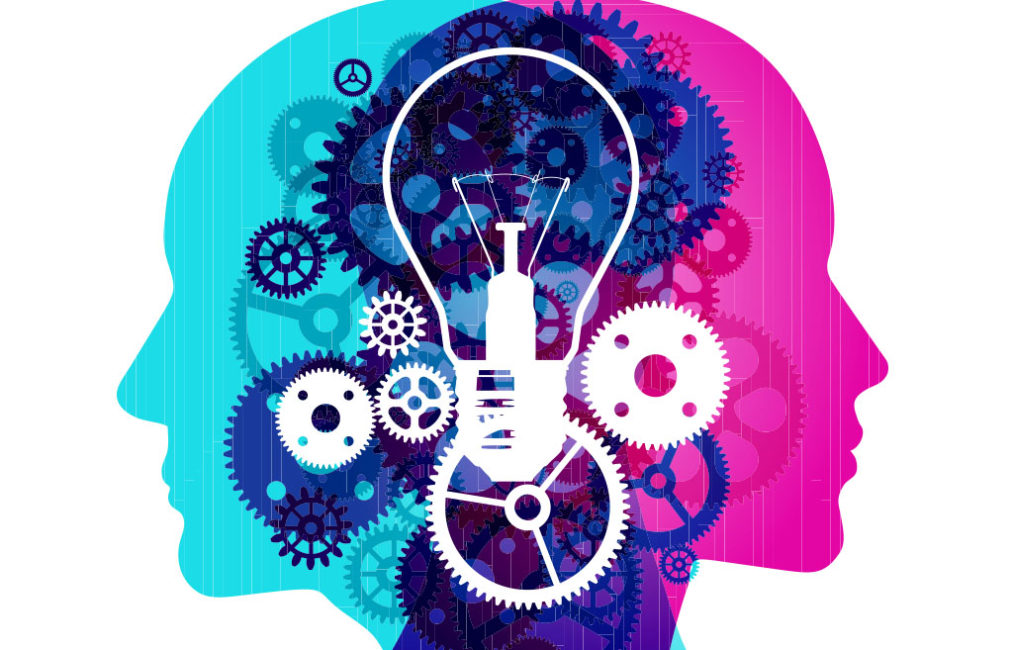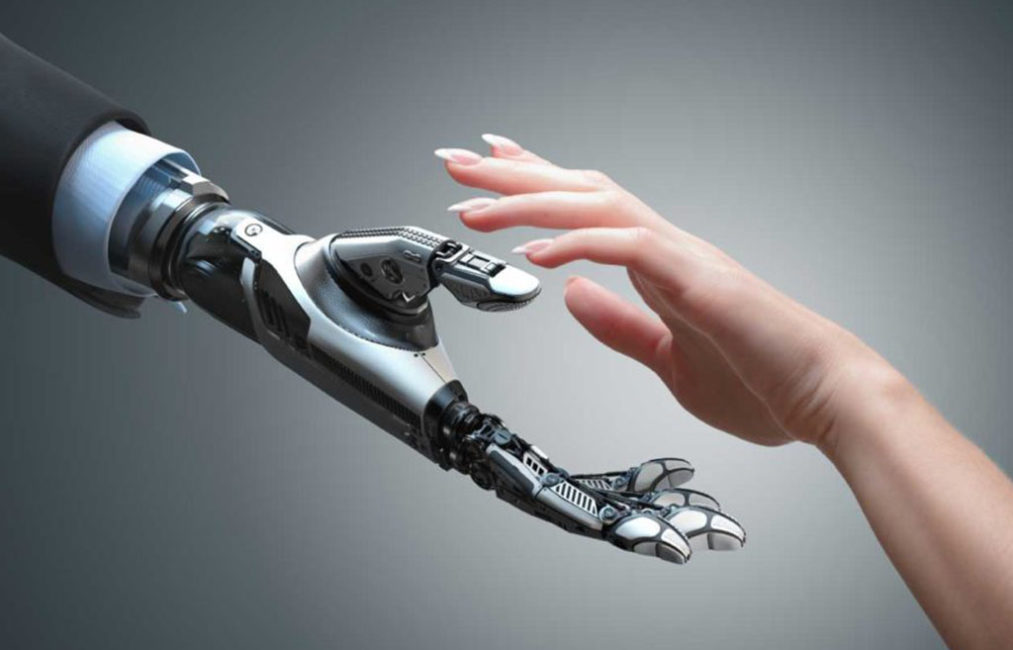
Taxonomies for Differentiation and Personalization
Five multi-disciplinary research sprints tackled new questions and methodological approaches that aim to better understand and serve special needs learners. The research was inquiry-driven, faculty-led and industry-inspired. These small grants were made possible by membership contributions from mediaX members, in collaboration with Stanford’s Transforming Learning Accelerator.

Ontologies for the Human Experience of Learning
Ontologies played an important role in enabling knowledge sharing within domains, and they can facilitate collaboration across domains. An ontology created a formal framework that described something by establishing the classes, relationships and constraints that act on concepts and entities within a given system.

Smart Office Workflows
Personal, team and organizational work styles and workflows changed as a result of information technology (IT) in sensor-rich computational environments. This theme highlighted insights about productivity in the technology-enabled offices of the future. It focuses on workflow, communication and production in knowledge work and learning environments that are augmented with sensing technologies, robotics, and artificial intelligence.

Potential, Performance and Productivity
Technical advances in neuroscience, human and computer intelligence, machine learning, robotics, and predictive algorithms were transforming many aspects of the employee experience. This research theme supported research that could lead to workforce insights about information technologies and human sciences for potential, performance and productivity of knowledge workers.

Contextual Futures for Smart Personal Devices
Emerging uses of digital applications were igniting new cyber-social communities, reorganizing social and economic systems, and altering relationships people have with each other, their employers, their teachers and mentors, and their environments. The ways that people related to their mobile devices, and through them to one another, were adding digital dimensions to identity to many aspects of life.

Human Machine Interaction and Sensing
Sensor technology continued to increase and improve the quantity and quality of data on human movements and behaviors. Leveraging sensors for research into human machine interaction generated powerful insights into human psychology, biomechanics, communication, learning and education, collaboration and productivity.

Memory, Estates & Legacies in the Digital Age
Digital estate is a concept that encompassed all aspects of one’s life that are touched by digital technologies. Digital technologies permeated many aspects of our lives, including information access, content creation, insight sharing, life-‐long and life-‐wide learning. Imagine a digital estate of content, data, services, and tools that supports an individual’s activities & experiences in context.

Publish on Demand
The world of media and content was experiencing an explosion of innovation that included how content is created, consumed and curated. In publishing, this innovation had erupted in what some call the “mass amateurization” of media and extends to how traditional content creators and distributors were restructuring around new business models.

Knowledge Worker Productivity
The Internet leveled the playing field for access to information, and the innovation frontier shifted to knowledge use and creativity. A serious productivity gap existed between available knowledge and how it is used. Like a hole in a bucket, a “knowledge gap” caused significant loss of resources and competitive advantage.